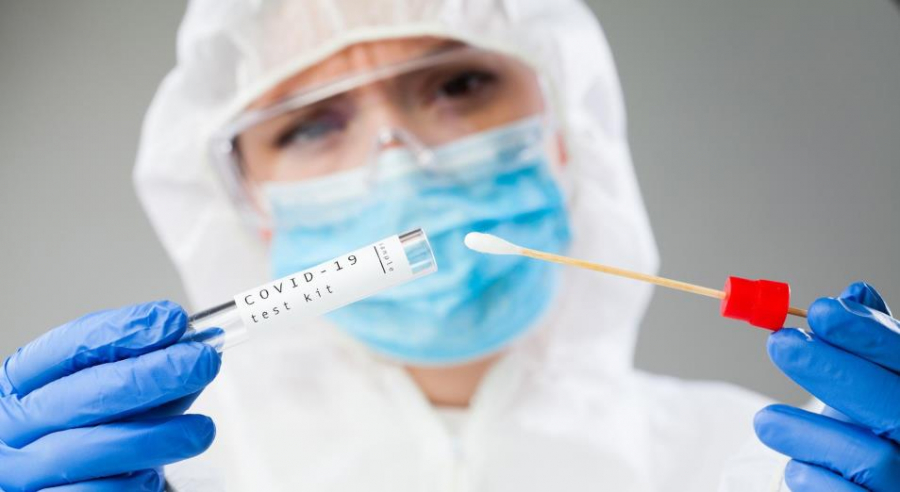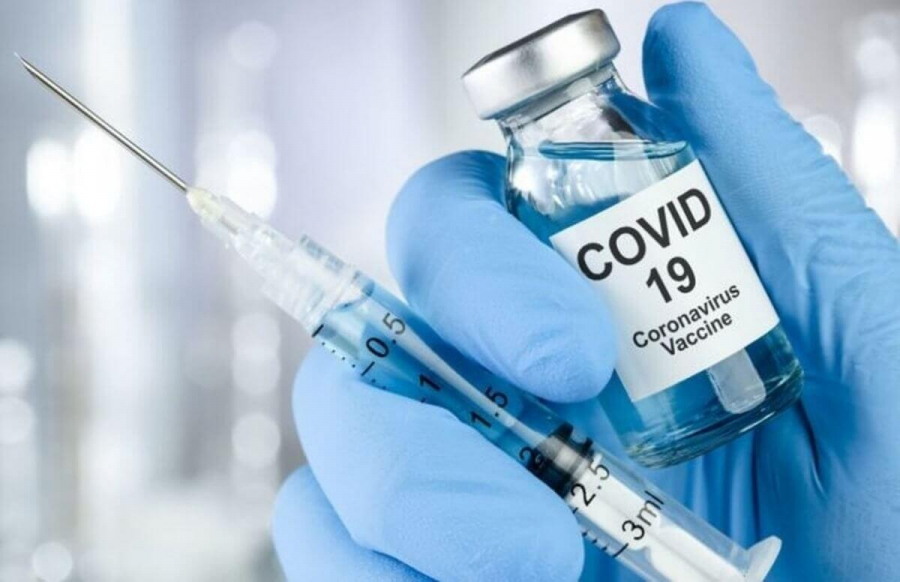
Kazakh doctors have developed a
unique system for the transportation and treatment of donor organs, causing a
sensation in the field of transplantology. This system extends the preservation
time of organs to over 24 hours, providing a crucial window for doctors to
perform all necessary procedures. Remarkably, this surpasses the previous limit
of six hours for transporting a donor heart. Developed by the doctors of the
National Research Cardiac Surgery Center, the system almost stops the clock by
maintaining continuous artificial blood circulation in any donor organ,
ensuring its functionality until transplantation into the recipient.
“Unlike global developments with
an oxygen cylinder, this system does not require attaching to large cylinders
or any specific air source. The device allows to concentrate atmospheric air,
which we regularly breathe, take a certain proportion from it, and deliver it
into the bloodstream to ensure that the blood is sufficiently saturated and an
adequate amount of oxygen is received,” said Timur Lesbekov, Director of the Clinical
and Academic Department of Cardiac Surgery at the University Medical Center.
The development of such a unique
system began in 2015, but the first practical studies commenced seven years
later. Now, the medical professionals intend to conduct a series of clinical
trials and then proceed with the production of the developed technology.
Currently, donor organs in Kazakhstan are transported using foreign devices.
“The price of this device
exceeded $200,000. Our development is different from the American one in terms
of technology, and I can say now that the results are much better. Also, I
believe it will cost much lower,” said University Medical Center Chairman Yuriy
Pya.
95 heart transplant surgeries
have been performed in Kazakhstan since 2012. To date, there are 137 people on
the waiting list, including 10 children. 4,000 patients in the country depend
on organ transplantation. The new system will give them a second chance at
life.









